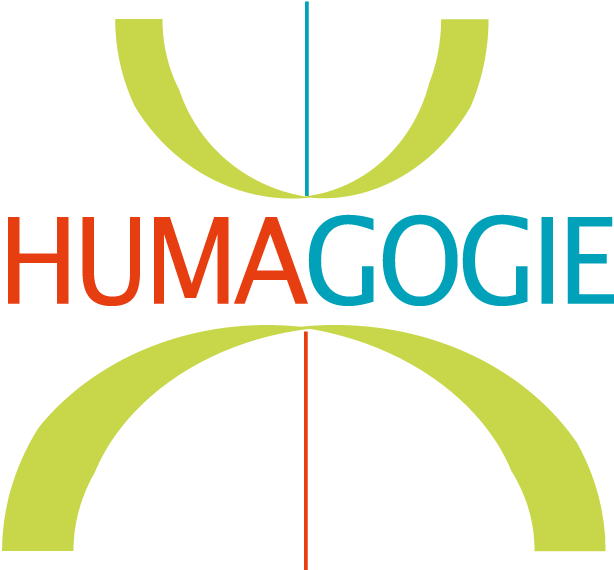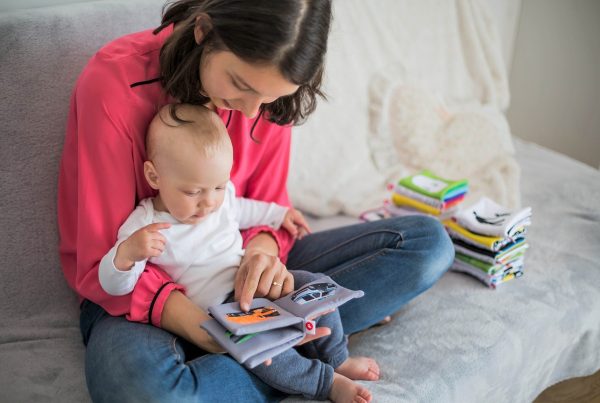In the field of early childhood, the early detection of psychological distress in babies is crucial. Our new online training course offers various stages, from initiation to expertise, to enable early childhood professionals to master the use of the Baby Distress Alarm Scale (ADBB) and its abbreviated version, the M-ADBB.
202411 Different levels of online training ADBB scale
1 –Initiation level: Using the simplified M-ADBB scale to screen for babies in distress
The initiation level focuses on acquiring the basics needed to screen for psychological distress in babies aged 0 to 24 months. It is aimed at front-line professionals and team leaders whose professionals are trained in the use of the ADBB scale. By the end of the course, participants will be able to define relational withdrawal, understand its links with developmental risks, and integrate the M-ADBB scale into their professional environment.
This training is available in two online formats:
- a 3-hour synchronous webinar for professional teams,
- or a 6-hour asynchronous self-training with a forum for individuals.
We trained 685 professionals in 2023, 434 in 2024. Our customers are PMI (Protection Maternelle Infantile) services, perinatal units, hospitals, departments, child protection services, crèches, associations working with vulnerable parents, pediatricians, doctors, nurses… in private practice.
The self-study introductory level, launched in 2023, meets a variety of participants’ needs:
- A psychologist, working in technical support and supervision of psychosocial activities with populations in great precariousness, shares her impressions: “My needs are mainly to strengthen myself on observation and analysis of the mother-child bond, especially in complex life situations, in order to help front-line workers spot babies in distress and make informed decisions for their well-being and protection.
- A nursery psychologist: “I’m training myself to spot early signs of ill-being in the babies I observe at nursery.”
- An early childhood educator: “I need to deepen my observation of babies, as I work for a child-parent care scheme…”
- Le médecin a souligné un “format adapté et adaptable à un agenda bien chargé“,
- tandis que la sage-femme a apprécié “travailler à son rythme, à un moment choisi, avec des explications et des réponses aux questions rapidement disponibles.“
Participants highlighted a number of the training’s strong points, highlighting “the link between the theoretical elements gradually introduced and the videos, which make it possible to give concrete expression to the theoretical contributions.” Professionals such as a departmental PMI doctor, a private midwife and a PMI nursery nurse also shared their positive impressions.
- The doctor praised the “format, adapted and adaptable to a busy schedule”,
- while the midwife appreciated “working at her own pace, at a chosen time, with explanations and answers to questions quickly available.”
- The nursery nurse praised “the clarity of the explanations.”
- A psychomotricist: “Interesting webinar for people unfamiliar with attachment theory and to spread the word about screening for relational withdrawal.”
- A pediatrician: “The richness of the exchanges between professionals, and the relevant contributions of the trainer.”
- A psychomotrician: “Allows us to have clinical elements for observation and to quickly objectify our observation using the M-ADBB scale.”
📈 Training results:
- Training effectiveness: 9.3/10
- Skills improvement: 9.3/10
- Recommendation: 100%
60 days after the end of the training, the trained professionals confirmed the usefulness of the training, highlighting the progressive acquisition of knowledge on aspects such as sources of baby stress, definitions, reactionary and chronic relational withdrawal, tuning, and the presentation of the M-ADBB scale items. The videos were particularly appreciated as useful highlights in the training process.
For more information, click here.
2 – Advanced level: Using the ADBB scale to detect and assess relational withdrawal in babies
For those seeking advanced understanding and expertise, the in-depth level offers a more detailed assessment of relational withdrawal, enabling detection, assessment of severity and monitoring of withdrawal under intervention.
This ADBB training requires 65 hours, with private certification in its use. In-depth online training (synchronous and asynchronous) includes use of the M-ADBB scale. We trained 54 professionals in 2023, 53 in 2024.
The in-depth level of our training course attracted a great deal of interest from participants. Each attended the training with specific needs, testifying to the diversity of the professions and the objectives pursued.
Participant testimonials:
- A child psychiatrist expressed her aim to improve her skills in spotting relational withdrawal, underlining the importance of developing specific skills in the field of infant mental health.
- A doctor in charge of a perinatal unit underlined his desire to better spot babies in distress, showing particular sensitivity to the impact of the first months of life on the emotional well-being of infants.
- During a team training session for the creation of a perinatal unit, a participant shared the need for a common assessment and observation tool, underlining the importance of a collaborative approach in the perinatal field.
- An early childhood educator expressed her wish to refine observation of the youngest children and to accompany/support the bond according to babies’ specific needs.
Training highlights:
-
- One psychologist praised the pace of the training, which was carried out over three months on a continuous weekly basis. She emphasized that this approach enabled the progressive integration of the notion of relational withdrawal and the ability to carry out a rating using the ADBB scale. The 90 or so videos viewed during this period facilitated a gradual and solid build-up of skills, easily transferable to everyday professional life. The availability of Alexandra Deprez, the trainer, to answer the many questions and the interface on the learning community were also major assets for exchanges between peers.
- One specialized educator particularly appreciated the training format, with the possibility of watching the videos at her own pace, Alexandra’s dynamism and clarity, and the team’s responsiveness on the learning community, particularly in resolving technical problems at the start of the training.
📈 Training results:
- ADBB private certification success rate: 96%.
- Training effectiveness: 9.4/10
- Skills improvement: 9.3/10
- Recommendation: 88
This in-depth level thus offers an enriching and specialized experience for professionals seeking to hone their skills in the comprehensive assessment of relational withdrawal in infants.
To find out more about this course, please visit .
3 –Expert level from 2025: Towards Support and Clinical Care
From 2025 onwards, we will be offering a choice of two training courses, or both, depending on the desired objectives, for participants who have already completed the in-depth training course in the use of the ADBB scale:
- Expert Level 1: ADBB Scale Referent Training to support teams in their use of the M-ADBB scale (25 hours) Objectives: Master the pedagogical know-how to communicate effectively on the notion of relational withdrawal and its assessment within infant mental health networks.
- Expert Level 2: Clinical Training in the ADBB Scale and Video Feedback (30 hours coming in 2026) Objectives: Train healthcare professionals in the practical application of the ADBB scale and video feedback to identify and intervene early in cases of relational withdrawal in babies, while building a solid therapeutic alliance with families during the perinatal period.
Our training program offers a logical progression for early childhood and medical/social professionals, from awareness to expertise, to enable you to detect, assess and manage relational withdrawal in babies.
To join our training courses and contribute to the well-being of toddlers, explore our website here.







